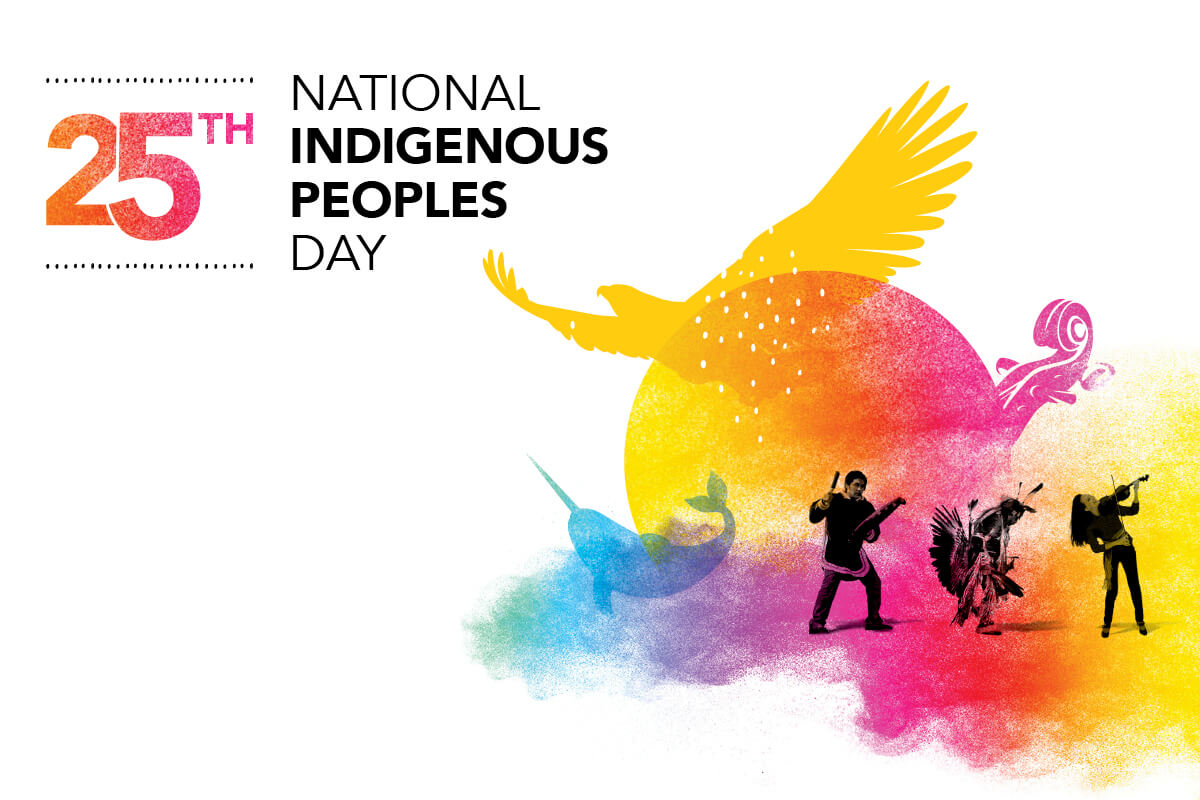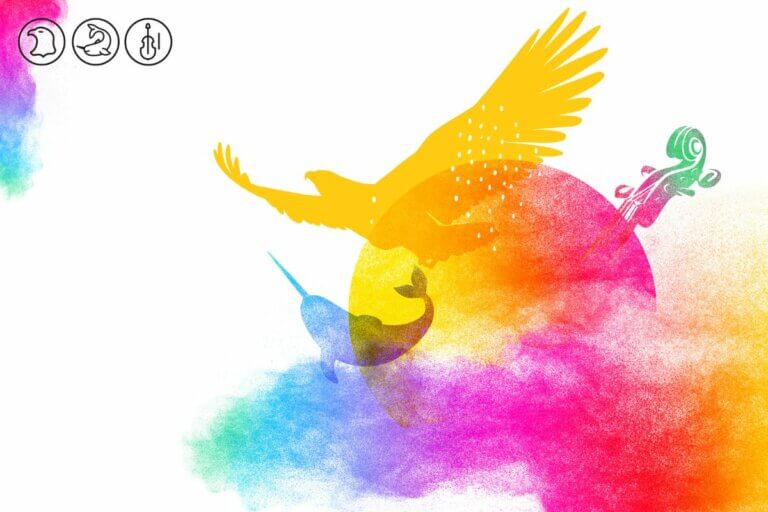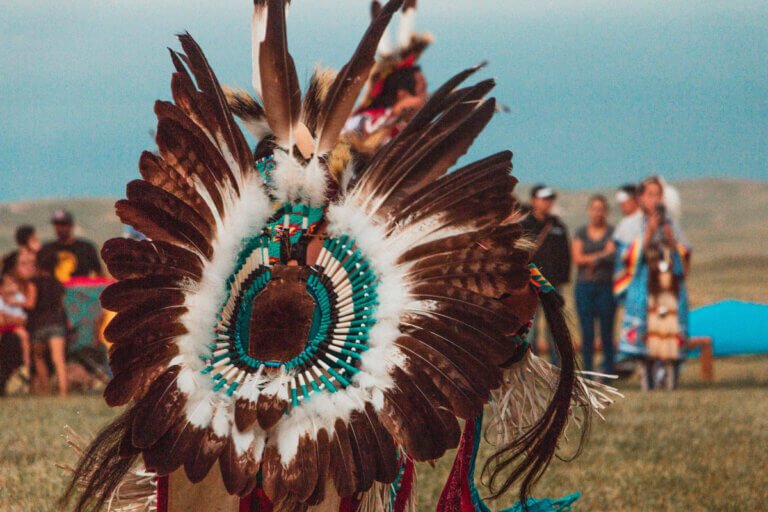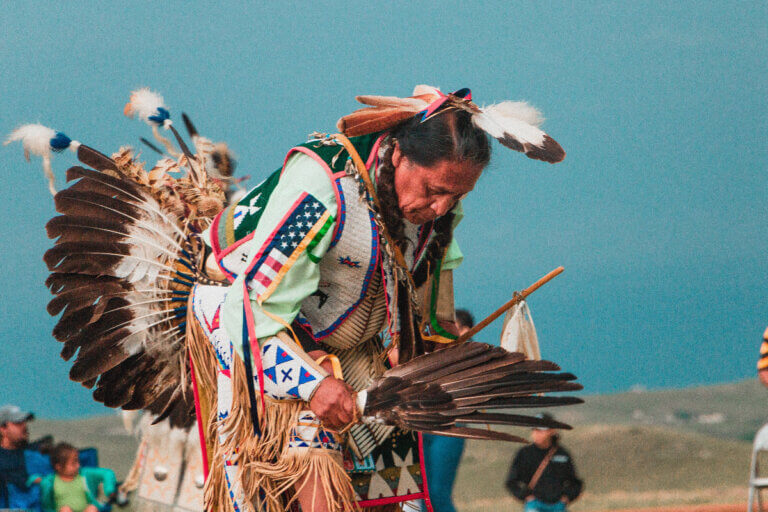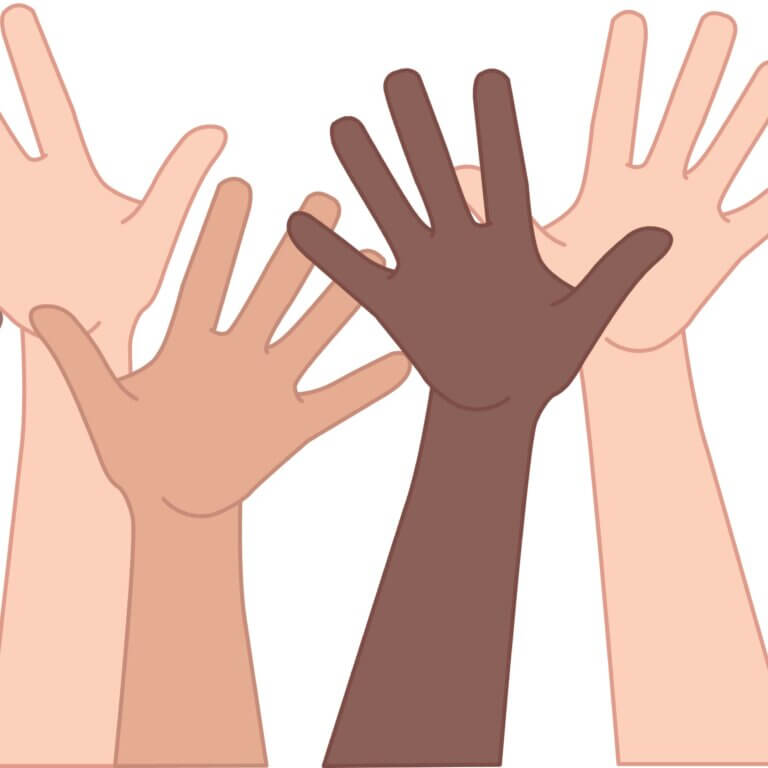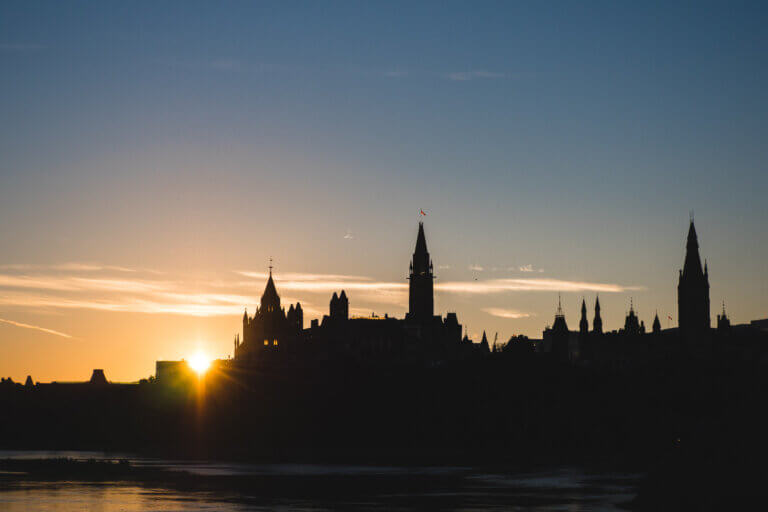Last Updated: May 9, 2022. In Canada, Indigenous History Month is celebrated every year beginning June 1st, and National Indigenous Peoples Day is celebrated on June 21st, 2022. National Indigenous Peoples Day is devoted to recognizing and celebrating the contributions of First Nations, Inuit and Métis peoples. In honor of this day, we wanted to share a list of resources to help you educate yourself on the culture, history, traditions and art of Indigenous communities in Canada.
1. Listen to a Podcast About Indigenous Culture and Issues
Hosted by Matika Wilbur (Swinomish and Tulalip) and Adrienne Keene (Cherokee Nation), All My Relations is a podcast dedicated to exploring what it means to be Indigenous in this modern age. The women discuss the issues their communities are facing, along with art, fashion, politics and so much more. Listening to All My Relations could give you a glimpse into the relationships that bind Indigenous Peoples to the land, their ancestors and each other, while opening your eyes to devastating issues like the public health emergency of violence against Indigenous women. Also be sure to check out other podcasts about Indigenous culture and issues on National Indigenous Peoples Day 2022 like Missing & Murdered, Unreserved and This Land.
How you can help: Donate to All My Relations or become a patron.
2. Take an Online Course
The online world is full of courses you can take to immerse yourself in Indigenous history and culture on National Indigenous Peoples Day 2022. Be sure to enroll in one from a reputable source or educational institution so you know the information is accurate and trustworthy. This 12-lesson course, Indigenous Canada from the University of Alberta, is completely free of charge, and covers topical and historical issues like the fur trade, environmentalism, political activism as well as Indigenous art in all its expressions.
How you can help: Share the course and what you learned from it with friends and family members.
3. Read a Magazine on National Indigenous Peoples Day 2022
Indspire, a national charity that supports and invests in the education of First Nations, Inuit and Métis students, launched its own magazine in 2020 to highlight the achievements of Indigenous Peoples across Canada and expand Indigenous education in the country. Read one of the free issues online, like issue 1 from 2021, which dives into the history of the Indspire Awards, an event which has been celebrating Indigenous excellence for 28 years.
How you can help: Donate to Indspire.
4. Take an Indigenous Awareness Training Course
Related Articles
Indigenous Awareness Canada offers an Introductory Indigenous Awareness course. The course takes 60 to 90 minutes to complete, and it will provide you with a basic foundation for forming positive relationships with Indigenous Peoples. The organization also offers a full Indigenous Awareness Certification, which takes four to eight hours to complete and covers myths and misconceptions around Indigenous Peoples, the history of the residential school system and how to move forward on the path to reconciliation.
How you can help: Let your family and friends know about the course, and if you have a team of employees or colleagues, encourage them to take the training too.
5. Watch a Documentary on National Indigenous Peoples Day 2022
If you’re more of a visual learner, try watching a documentary to educate yourself on Indigenous culture and history. There’s an abundance of free educational films about Indigenous history in Canada on platforms like CBC, APTN and the National Film Board. To get started, check out Colonization Road, which follows Anishinaabe comedian and activist Ryan McMahon as he explores the areas colonized by early European settlers and the impacts of colonization on First Nations communities.
How you can help: Support organizations that help fund Indigenous filmmaking like the Indigenous Screen Office.
6. Support Indigenous Fashion Designers
The Indigenous fashion scene is teeming with talent and fresh designs. Explore the work of Indigenous fashion designers like Disa Acoose, the self-proclaimed Boujie Auntie who fashions vibrant ribbon skirts: “Indigenous fashion tells our story. A story that is rich with overcoming colonization, expressing our heritage through the symbols and colours of our warriors. “Sometimes it’s certain materials and cloth we use in prayer. Often, replicas of ancient adornments our ancestors once wore with great pride, which we continue to wear today in our ever-evolving and modern style.”
How you can help: Wear the designs of Indigenous fashion designers, but never wear ceremonial items if you aren’t of Indigenous descent.
While it’s important that we designate a specific day to shine the spotlight on Indigenous culture and issues, such as National Indigenous Peoples Day, we shouldn’t need an excuse to educate ourselves and take action against injustice. Education is a lifelong endeavor and one we can engage in seven days a week, 365 days a year.
